It's evident that the air condition unit and furnace play important but different roles in your home. While one cools the home, the furnace keeps your house heated adequately. However, does that mean the furnace and AC are connected? We have researched on your behalf to answer that question in this article.
If you have a forced-air unit and central air, the air conditioner and the furnace will be connected as being part of your home's HVAC system. However, the AC system works independently from the furnace. Nonetheless, the furnace and AC unit use the same distribution systems, such as the vents and air ducts.
While a majority of the population will understand the roles that an AC unit and furnace play. It isn't always as clear how they function precisely. In this article, we will discuss in detail how the AC and furnace work. In addition, we will take a look at where the disconnect switch is your furnace, so read on!
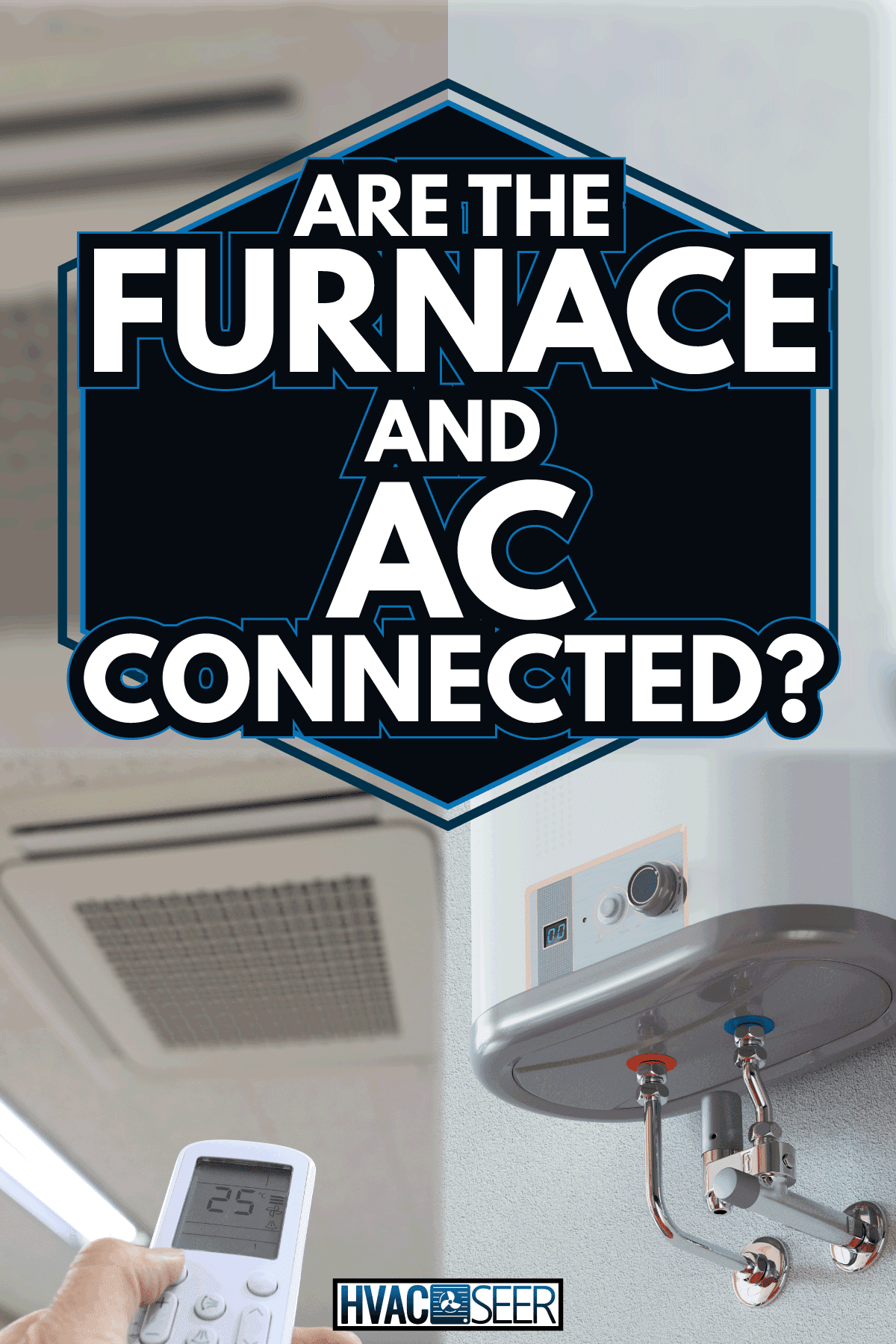
How Does the Furnace Interact with AC?
A furnace is most common in homes with forced air. A forced-air system means that the indoor fan will push cold air through the ducts and vent to your home's rooms. As this occurs, warm air rises to the ceiling, where the return vents quickly collect it on your walls. The cool air then circulates back into the room.
An evaporative cooling system has no blower. Instead, it works the same way the human body does when we sweat to cool ourselves off. First, the compressor and an indoor coil collect heat from the inside of your home. Then, the air conditioner uses a fan to circulate the cool air throughout the home. Afterward, the indoor coils collect heat from the inside of your home.
As you can see, both wiring systems have complexities that you have to be aware of when installing or repairing in your home. That being said, let's take a look at how it works!
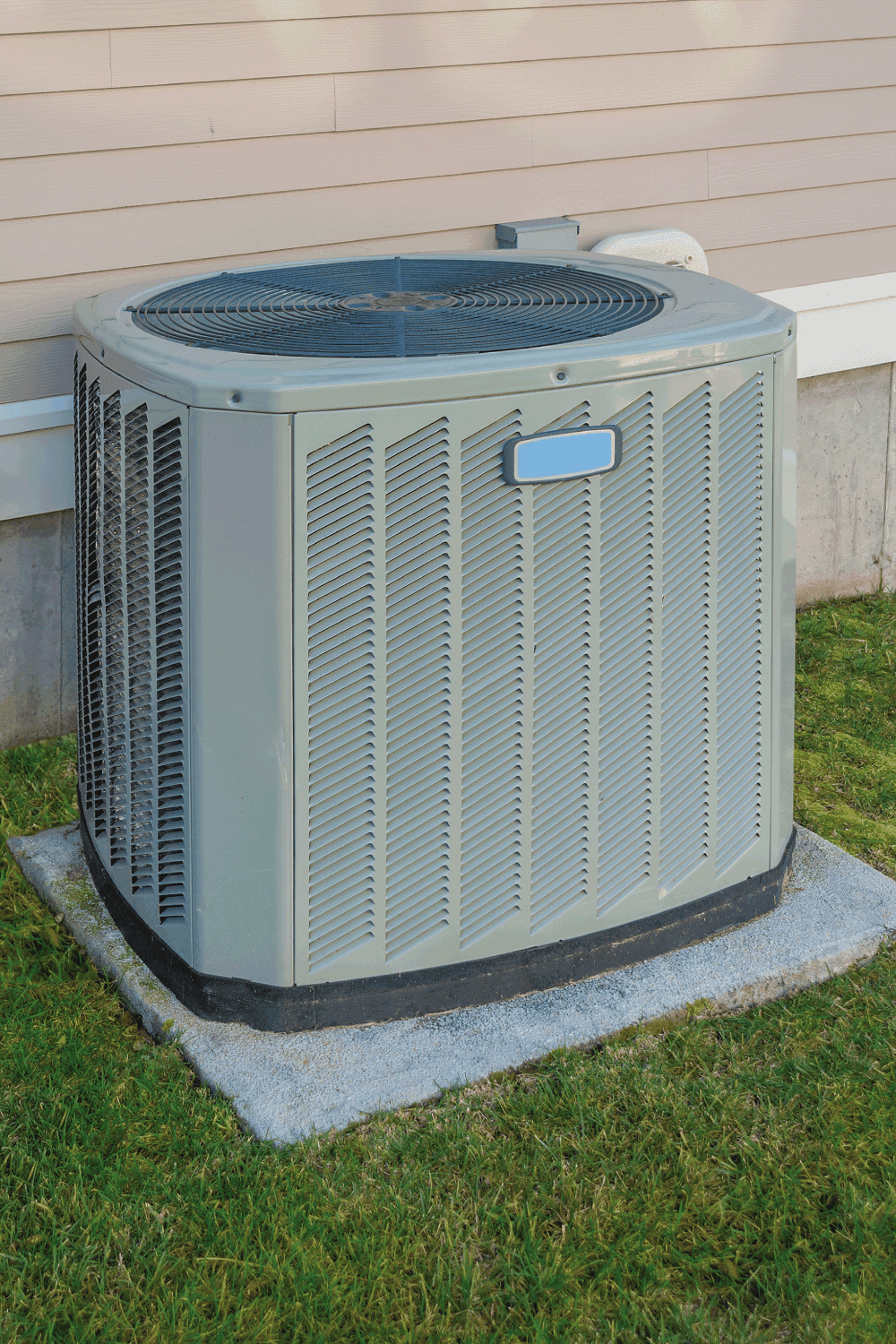
AC And Furnace Wiring Systems
The wiring for an AC and furnace is often handled by one central unit known as a terminal box. This terminal box will be installed near the furnace and air conditioner. From the terminal box, each wire will travel to both appliances.
Those with a furnace and an AC unit are most likely wired by wire tying them together. However, that does not mean that they necessarily share any common parts or components.
While the furnace is responsible for regulating your home's temperature during the winter months, it also has an indoor air quality purpose as well. The blower moves out all of the excess moisture and humidity from inside your home. This not only contributes to keeping you healthy, but it can reduce the chances of mildew and mold growth.
The blower motor is locked into place when it is not running by a moisture-sensitive part called a draft inducer. The purpose of this little gadget is to provide an airtight seal that prevents hot or cool air from escaping around the furnace's door or through the ductwork before it goes into the room.
As far as a furnace's blower goes, it's is not meant to serve as an air conditioner. However, it will work during warm weather months if your unit has a convertible design. When your home gets warmer, the temperature sensors on the blower motor will tell it to switch from heating to cooling.
Lastly, the capacitor in your furnace is designed to work with the blower motor. Its purpose is to provide power when the thermostat calls for cooling or heating. It also works to maintain a steady voltage in your system.
Are AC and furnace on the Same Breaker?
How your furnace and AC are set up on your breaker will depend on your home's type of heating and cooling units. For example, if you have a furnace with an AC unit, your breaker is likely set up to both units on the same circuit.
However, some homes have separate systems for each heating and cooling system. This means that their air conditioner can be powered off without affecting the furnace's performance. The way they're connected depends on your system and whether or not it was set up by a professional.
Lastly, if you have two separate units, it's essential the wiring be set up correctly between them. Both units must be on their dedicated circuit to avoid overloading your home's electrical system as well as damage to the equipment.
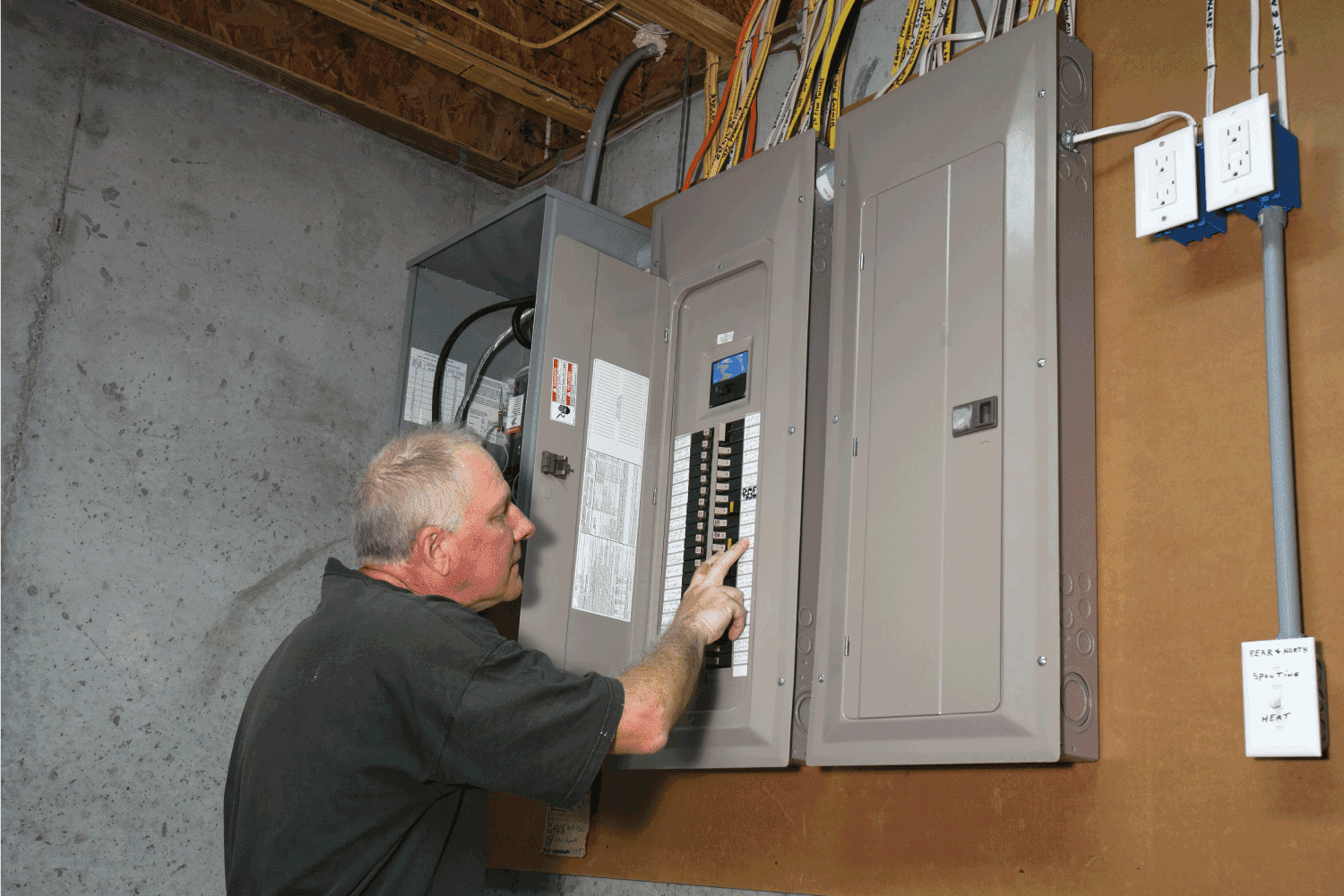
Where Should the Disconnect Switch for the Furnace be Located?
You can find the disconnect switch for your furnace close to where your main electrical panel is. Often, you'll find it on the side of the furnace itself for easy access.
This location ensures that if electricity did flow through the switch during an emergency, no one would be near a gas leak or electrical hazard at that time. You'll need to follow the directions in your owner's manual when it comes to resetting your disconnect switch.
Does AC Run Through Furnace Filter?
Yes, the AC and the furnace will use the same air filter. You should change the furnace filter should every 3 to 9 months, depending on its size. The best time to replace your indoor air filters is when you change your furnace filters during the heating season.
Should you Turn Off AC and Furnace at the Same Time?
It depends on whether your AC and furnace are two separate systems or combined into one system. If you have a unit that uses AC and heat, you will not want to turn them off simultaneously. On the other hand, you can lower your energy costs by cooling the house with the AC by leaving the furnace off.
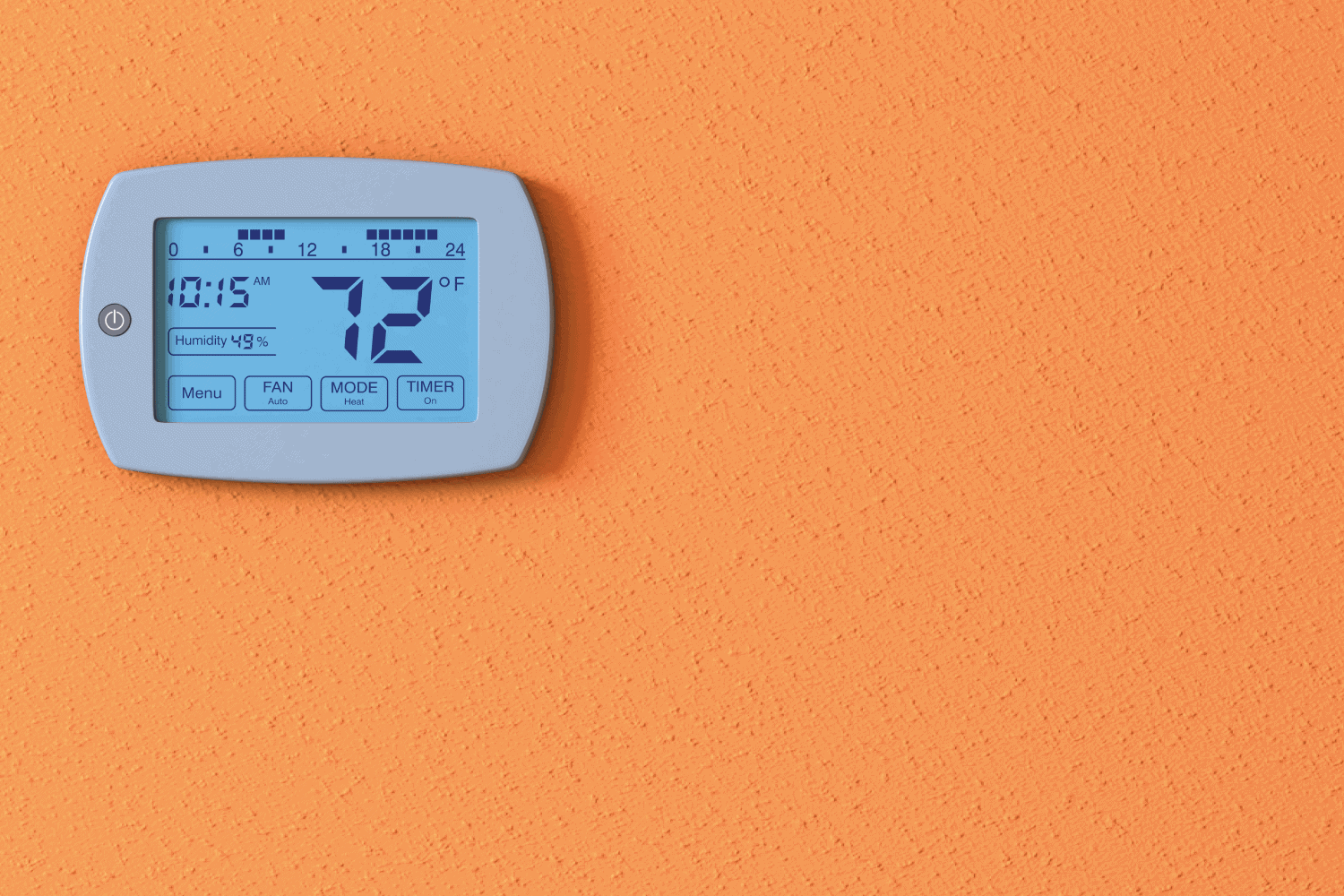
How Do I Know if my AC is Working?
Many signs would indicate that your air conditioner is not working correctly. However, the most obvious sign of a problem with your AC is when it stops cooling your home during peak hours of the day.
Solutions to this problem include checking out the fuse box or tripping the circuit breaker. You can also turn off and on any breakers that you think might be causing the problem. Finally, use a hairdryer to check if your coils are frozen or clogged with water if everything fails. This will help you decide what repairs you need to make.
In addition, here are some other tell-tale signs your air conditioner might be bad:
- You hear a strange noise or blowing sound coming from your unit.
- You notice a loss of water pressure.
- Your unit is leaking or dripping water on the ground.
- There's a weird smell coming from your AC.
- Your air conditioner is leaking water.
- The fan on your AC is not turning at all.
- The temperature of the room you're in keeps going up and down.
If any of the above signs sound familiar, you might need to contact a professional HVAC contractor right away. Your HVAC system serves as the backbone to your home's entire structure, and you need to repair it as soon as possible to avoid any more damage.
When Should I Turn Off my AC?
Turning your air conditioner off whenever possible is a great way to save money. The easiest way to reduce the amount you spend on cooling your home is by using natural ventilation. If you can open up windows or doors to let air flow through, you'll find that the difference saves you more than you think.
Running the AC instead of using natural ventilation is one of the most expensive parts of cooling your home, so do what you can to avoid this if possible. However, it's also essential that you don't turn on your AC too soon before leaving for work in the morning. An overworked system will end up working harder than it should keep your home cool, thus using more energy than it would otherwise.
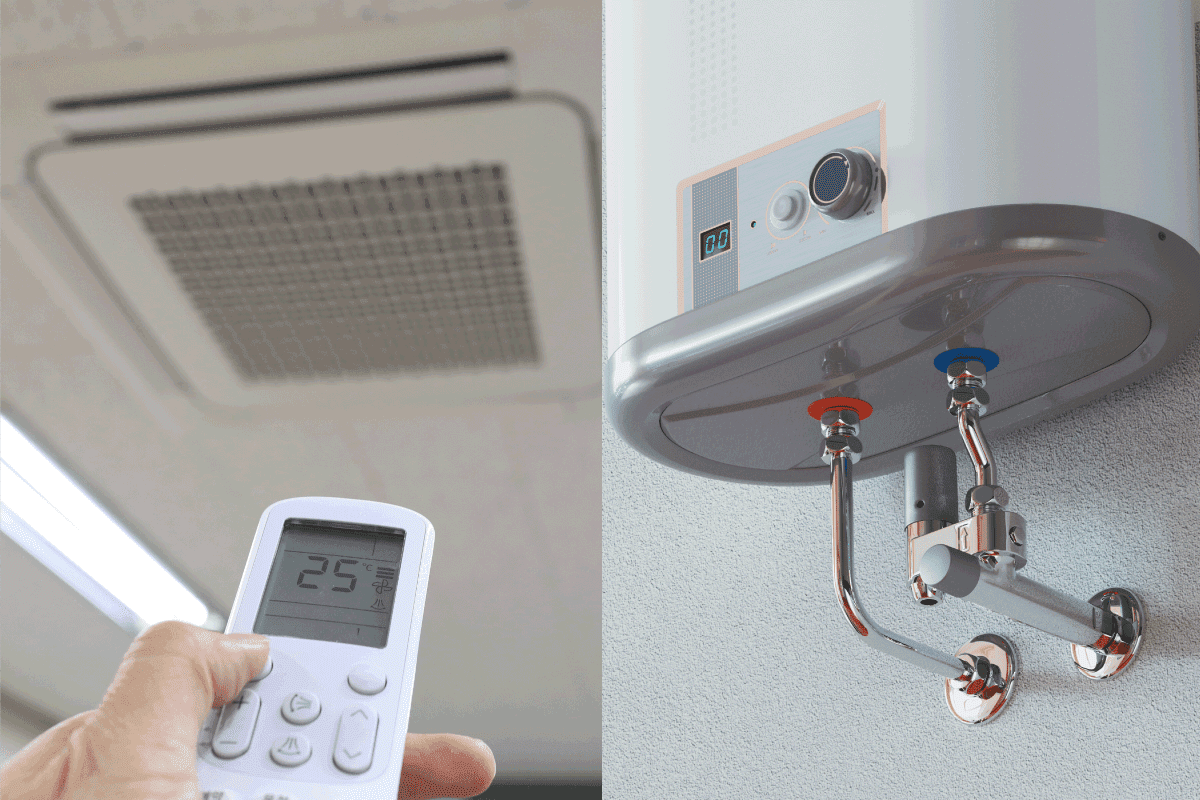
Final Thoughts
While a properly functioning HVAC system is the lifeblood of your home, it can be hard to understand. If you're experiencing systems problems, there are a few things that you should keep in mind:
First and foremost, keep your HVAC system well maintained. Regular maintenance checks will ensure that there aren't any significant issues cropping up throughout the year.
Finally, keep in mind that you have an option when it comes to repairing or replacing your HVAC system. Many different companies are, so finding a good contractor is always possible with some research and patience.
For more heating and cooling articles, check these out:
How Hot Should The Air From My Furnace Be?
